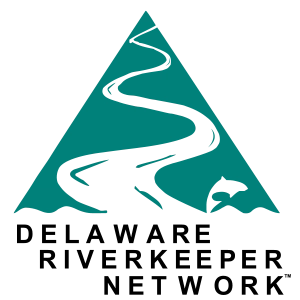Watershed Congress
About the Watershed Congress
The Watershed Congress advances the best available information and techniques for protecting and restoring watersheds. The focus on networking across disciplines means that the Congress melds science, policy and practical applications into one program. Every year, a growing and changing group of individuals attends to gain new knowledge, acquire tools, and practice techniques that will allow them to take active roles in the stewardship of their natural resources.
History
The Delaware Riverkeeper Network developed the Watershed Congress concept in 1997 to bring those interested in watershed protection together for networking, partnership development, and information sharing. The first Watershed Congress, which focused on volunteer monitoring, was held in 1998. This event brought together people from the Schuylkill’s headwaters to its tidal reaches. Monitoring remains an important component of the Watershed Congress program, which has evolved to advance the best available information and techniques for protecting and restoring watersheds.
In 2002, the Delaware Riverkeeper Network initiated a Call for Presenters process to expand the scope of topics considered for each year’s program, ensuring that the Watershed Congress continues to address current concerns, approaches, solutions, and share sound science on emerging issues.
The event, previously known as the “Schuylkill Watershed Congress,” was renamed the “Watershed Congress Along the Schuylkill” in 2011 in recognition of the program’s broadening focus as well as the event’s appeal beyond the bounds of the Schuylkill River watershed. The Watershed Congress Along the Schuylkill is often referred to simply as the Watershed Congress.
Today, the annual Watershed Congress is a highly anticipated event for people in the Schuylkill watershed and beyond interested in understanding, protecting, and restoring their local streams and watersheds.
Information on past Watershed Congresses
Questions?
For more information, email or call 215-369-1188, ext. 109.
